533 Deep Work
#RealisticRegenAg | The book "Deep Work" by Cal Newport is what has enabled me to reach my current position. Concepts like entering a state of flow, scheduling dedicated work time, and maintaining clear boundaries between work and leisure have been instrumental in my journey. In this episode, I'll delve deeper into these ideas and hopefully inspire you to invest your time in reading or listening to this book.
Welcome to Plants Dig Soil, a podcast about #RealisticRegenAg. I’m your host, Scott Gillespie, and I’m an agronomist from the western Canadian prairies specializing in climate-smart agriculture. I discuss scientifically proven practices that benefit the planet and, just as importantly, farmers' economic sustainability. Be sure to visit my website, www.plantsdigsoil.com, for resources and information about the services I offer.
Deep Work:
https://calnewport.com/writing/
Community Survey:
https://us17.list-manage.com/survey?u=875b5f3fc9fdab835b8659fc4&id=aa960c779e
Transcript is available:
https://www.plantsdigsoil.com/podcast/deep-work
My course: Profitable From the Start: Cover Crops for the Prairies:
https://plantsdigsoil.thinkific.com/courses/cover-crops-prairies
My funding service offerings:
https://www.plantsdigsoil.com/pricing/#paperwork
SCAP overview: https://youtu.be/0icitHJR2lk
SCAP program details https://www.alberta.ca/sustainable-cap.aspx
My consulting packages:
https://www.plantsdigsoil.com/pricing/#consulting
Newsletter signup:
https://mailchi.mp/plantsdigsoil/newsletter
https://www.linkedin.com/newsletters/6944029544697802752
Email: scott@plantsdigsoil.com
X (aka Twitter) (Scott): https://twitter.com/scottcgillespie
X (aka Twitter) (Company): https://twitter.com/PlantsDigSoil
LinkedIn (Scott): https://www.linkedin.com/in/scottcgillespie/
LinkedIn (Company): https://www.linkedin.com/company/plants-dig-soil
YouTube: (Company): https://www.youtube.com/@scottcgillespie
Podcast Subscription Apps: https://podcasters.spotify.com/pod/show/scottcgillespie
I initially came across this book in 2016, but I didn't delve into it until the winter of 2017-2018 when I was in the process of establishing my agronomy consulting business. Cal's central premise is that the ability to sustain deep concentration for extended periods enhances productivity. At that time, social media was gaining momentum, and I noticed that I was struggling to sit down and read a book, something I had previously done for hours on end.
By adopting time-blocking techniques, I was able to train my brain to engage in deep work when necessary and fully unwind during designated leisure time. This is because living in a perpetual state of distraction and multitasking hinders our cognitive abilities from reaching their full potential.
A recent experience illustrates the effectiveness of time blocking. Last Friday, I hadn't accomplished what I had intended for my college lectures this week. I had made a start but was unsure of my direction. Instead of working over the weekend, I decided to enjoy some time in my yard, which, in many ways, constituted deep work for me. I was completely engrossed in tasks, such as picking crabapples, processing them into fruit leathers, and trimming and tidying my yard for winter. On Monday, after spending a couple of hours sipping tea on my porch, tending to my garden, and going for a walk, I found that the work I had begun on Friday suddenly made sense. I was able to create and edit slides effortlessly to complete my lecture.
Of course, not every situation allows for that amount of flexibility. If I had lectures scheduled for Monday morning, I might have had no choice but to work during the weekend, even if it meant a less polished result. The goal, however, is to manage my workload during the week in a way that eliminates the need for last-minute weekend work.
While deep work is crucial, there is still room for multitasking and addressing shorter tasks. Life isn't entirely composed of deep work. I've discovered that dedicating the first 3-4 hours of my day to mentally demanding tasks and saving smaller tasks for later in the day allows me to accomplish my goals more efficiently. Many agronomists might talk about working 12-hour days, especially during the summer, but that doesn't suit me. I've tried it before, and it left me mentally and physically exhausted. By focusing intensely during specific periods, I believe I can deliver better results in an eight-hour workday, adhering to a Monday to Friday schedule.
Interestingly, some of my best insights occur during weekends when I intentionally steer clear of work-related thoughts. To capture these ideas, I use a notes app on my personal phone. When inspiration strikes, I jot down my thoughts and leave them for the workweek. Speaking of my personal phone, it has been a valuable addition to my life. By switching off my work phone on weekends, I avoid seeing texts that could disrupt my weekend mindset. Even if I don't intend to respond, the mere sight of a message can divert my focus. This phenomenon is known as "attention residue," where your brain lingers on the last task, even after you've moved on.
Engaging in deep work can be challenging, requiring effort and a personalized approach. I'm an early bird, so I tackle my most critical tasks first thing in the morning. Night owls, on the other hand, might find evening work more suitable. In his book, Cal Newport offers various strategies to help you discover your ideal routine. By prioritizing deep work, you can outperform those who struggle to concentrate. At the very least, you'll free up more time to pursue your passions.
As I revisited this book to refresh my memory on its lessons, I realized there's one that I've never fully implemented: tracking periods of deep work and noting insights or goal achievements. I partially accomplish this through task organization. I've been using the Trello app for many years, with cards arranged in lists by days of the week and weeks of the year. This approach helps me stay on top of my daily tasks, and at the end of the day, I can prepare for the next day, effectively shutting off work-related thoughts. At the end of each week, I repeat this process for the upcoming week, allowing me to enjoy a work-free weekend.
While I informally keep track of my accomplishments, formal tracking might be beneficial. I'm going to start adding a segment to the podcast where I share what I've been up to. Many people often ask me, "What does an agronomist do during the winter?" Over time, I hope to provide a comprehensive answer to that question. This week, I started by discussing my teaching, and next week, I'll strive to keep you updated on my activities.
I encourage you to explore this book. I'll provide a link to the author's website in the description, where you can purchase it or borrow it from your local library. Thanks for tuning in, and I'll be back with you again next week.


